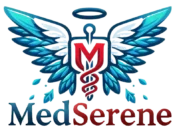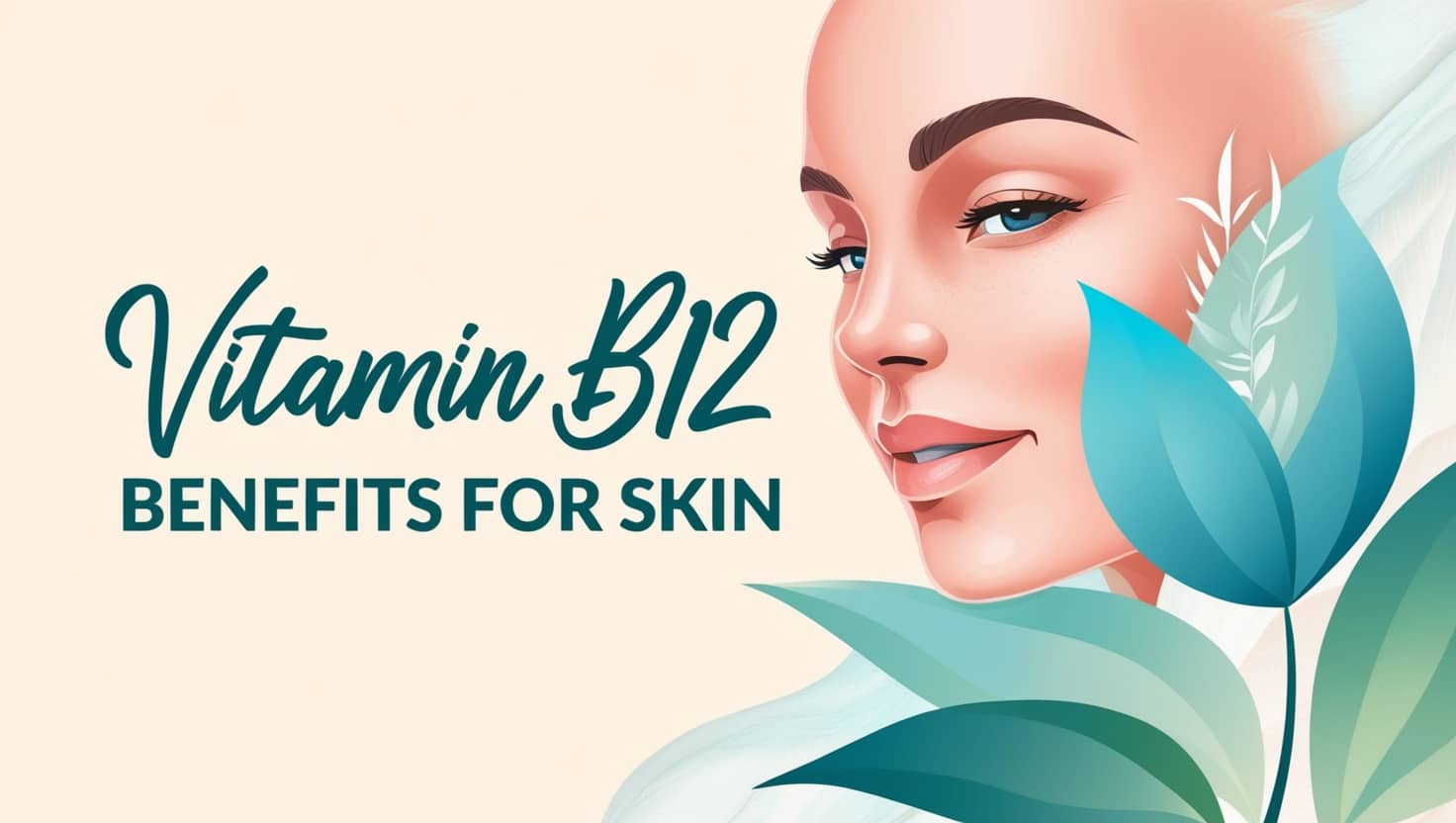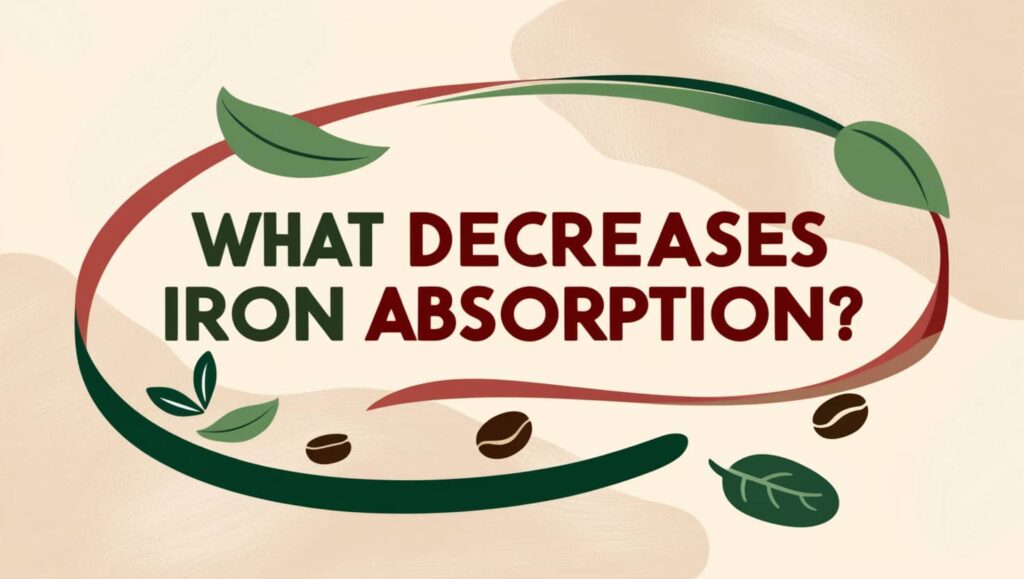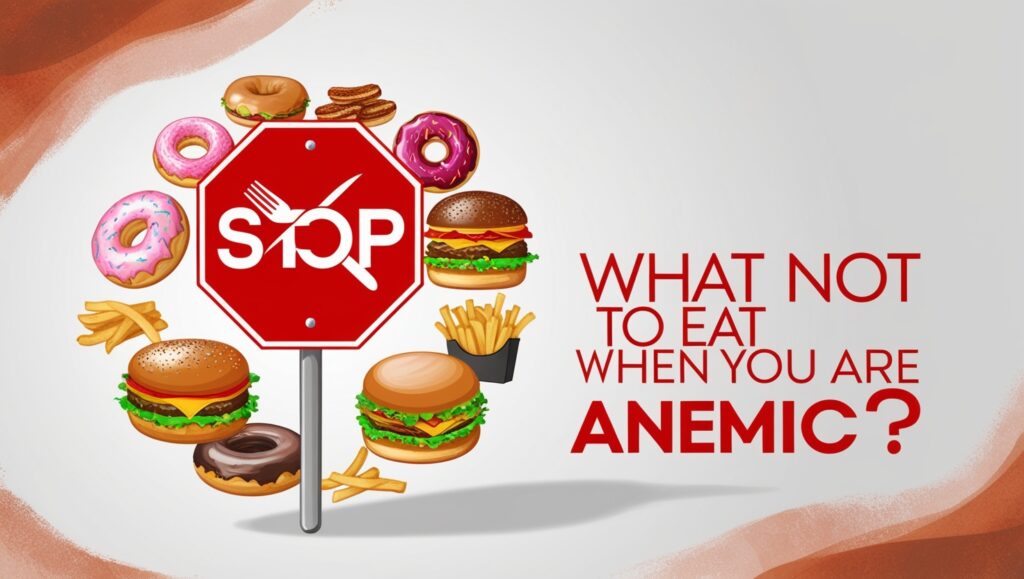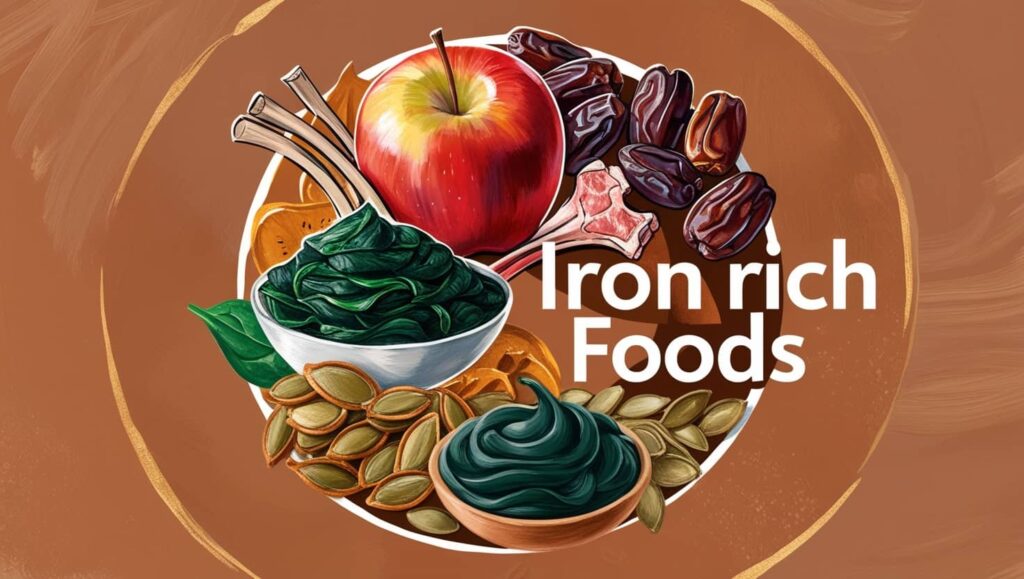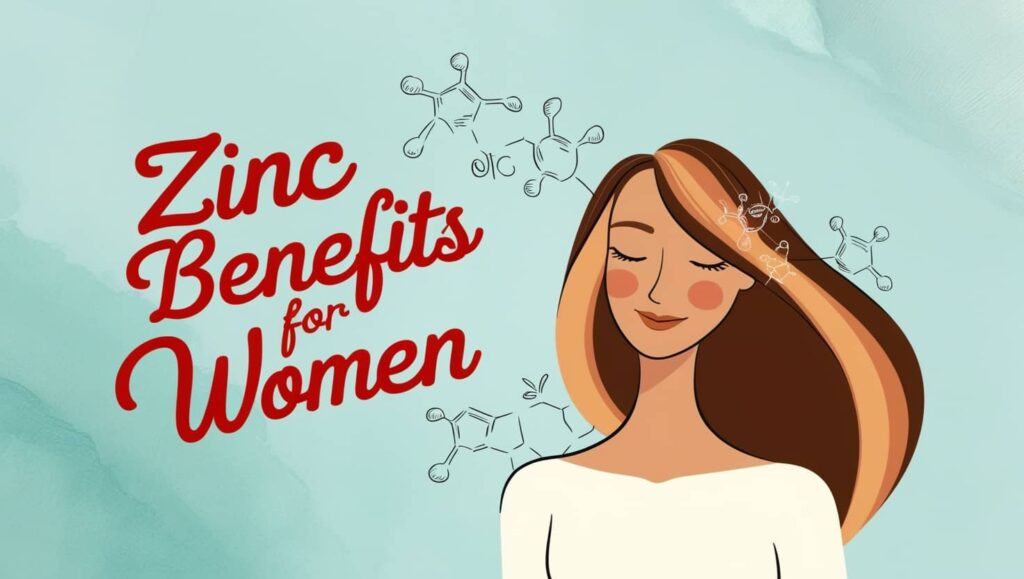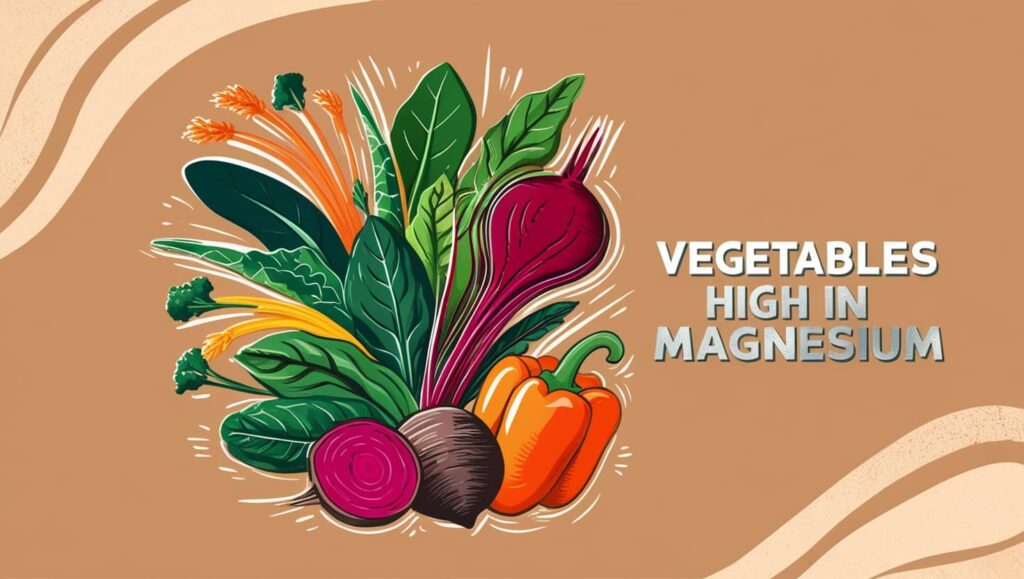The benefits of vitamin B12 for the skin are numerous, as it supports collagen production, maintains skin hydration, and may help treat inflammatory and allergic skin conditions.
Vitamin B12 helps regenerate cells and fight signs of aging, and is also important for the nervous system and red blood cell production.
You can find it in foods such as eggs, fish, dairy products, and liver.
However, many people may suffer from a deficiency of this important vitamin due to poor absorption resulting from health problems such as inflammatory bowel disease.
This deficiency can cause many health problems for your skin such as inflammatory conditions, such as rosacea and acne, skin allergies, as well as skin pigmentation disorders such as vitiligo
Role of Vitamin B12 in Skin Health
Benefits of Vitamin B12 for the skin include:
- Supports collagen production: Vitamin B12 helps produce collagen, which maintains skin firmness and reduces sagging.
- Helps cell renewal: Vitamin B12 promotes healthy cell growth and reduces the appearance of oils.
- Balances moisture: Vitamin B12 maintains the skin’s natural hydration.
- Treats hyperpigmentation: Vitamin B12 can help lighten dark spots.
A deficiency in Vitamin B12 can lead to skin problems such as:
Dry and flaky skin, hyperpigmentation, vitiligo, angular stomatitis, and fine lines. (PubMedCutaneous lesions and vitamin B12 deficiency, n.d.)
Common Signs of Vitamin B12 Deficiency on Skin
Vitamin B12 deficiency causes a range of symptoms that appear on the skin, the most important of which are:
- Pale skin is a common sign of vitamin B12 deficiency.
- Jaundice or yellowing of the skin and whites of the eyes.
- Hyperpigmentation of the skin, which is a common skin symptom of vitamin B12 deficiency. (PubMed, n.d.)
- Vitiligo: A health problem associated with vitamin B12 deficiency.
- Angular stomatitis, inflammation of the lips with cracks in the corners of the lips.
- Mouth ulcers or cracks in the corners of the mouth.
Other symptoms of vitamin B12 deficiency include:
- Inflammation and redness of the tongue (glossitis).
- Tingling in the hands and feet.
- Vision problems.
- Difficulty remembering things or being confused.
- Difficulty walking or talking as you normally would.
- Feeling depressed or agitated.
- Fatigue.
- Dizziness or fainting.
- Headaches or migraines.
Foods and Supplements Rich in Vitamin B12
To get all the vitamin b12 benefits for skin, you can be sure to eat natural foods that contain it, as well as foods fortified with the vitamin and nutritional supplements as follows:
Natural foods including:
- Meat: Beef, lamb, pork and poultry are good sources of vitamin B12.
- Seafood: Fish, shellfish and crustaceans contain vitamin B12.
- Dairy products: Milk, cheese, and yogurt provide vitamin B12.
- Eggs: Contain vitamin B12 in both the yolk and white,
Fortified foods including:
- Nutritional yeast: Fortified nutritional yeast is a good source of vitamin B12, and can be added to salads or sauces.
- Fortified breakfast cereals: Many breakfast cereals are fortified with vitamin B12.
- Fortified plant-based milk alternatives: Some soy, almond and oat milk alternatives are fortified with vitamin B12.
Vitamin B12 supplements including:
- Multivitamins: Many multivitamins contain vitamin B12.
- B-complex vitamins: B-complex vitamins contain all eight B vitamins, including vitamin B12. Vitamin B12-only supplements: These supplements contain only vitamin B12.
References
- PubMed. Retrieved from: Hyperpigmentation as a Primary Symptom of Vitamin B12 Deficiency: A Case Report
- PubMed. Retrieved from: Cutaneous lesions and vitamin B12 deficiency.

